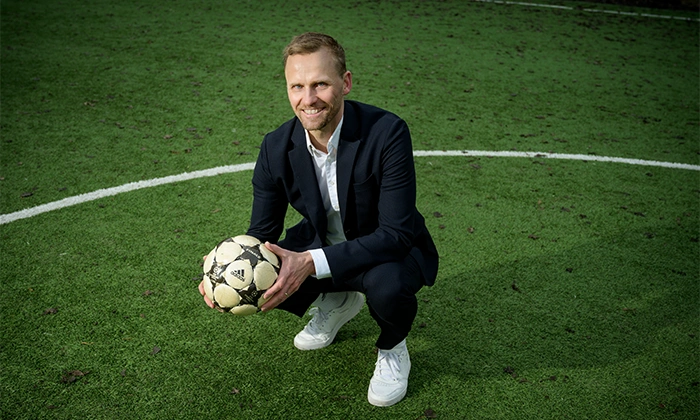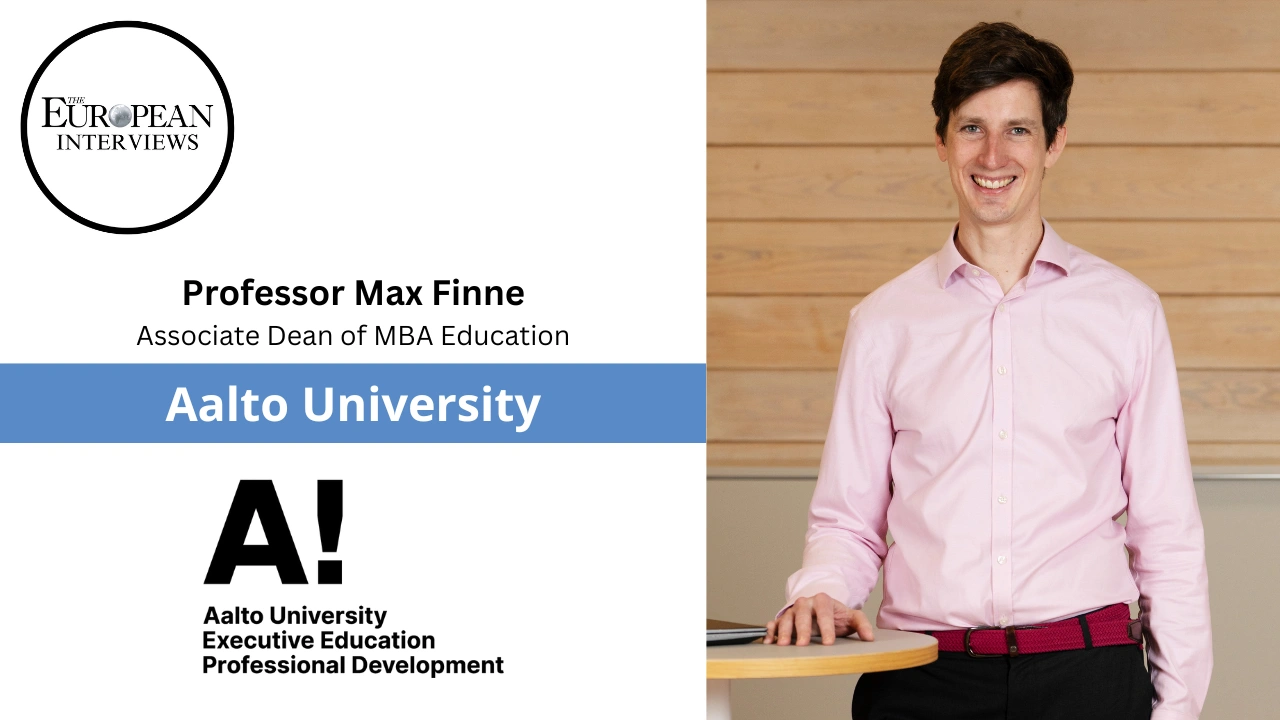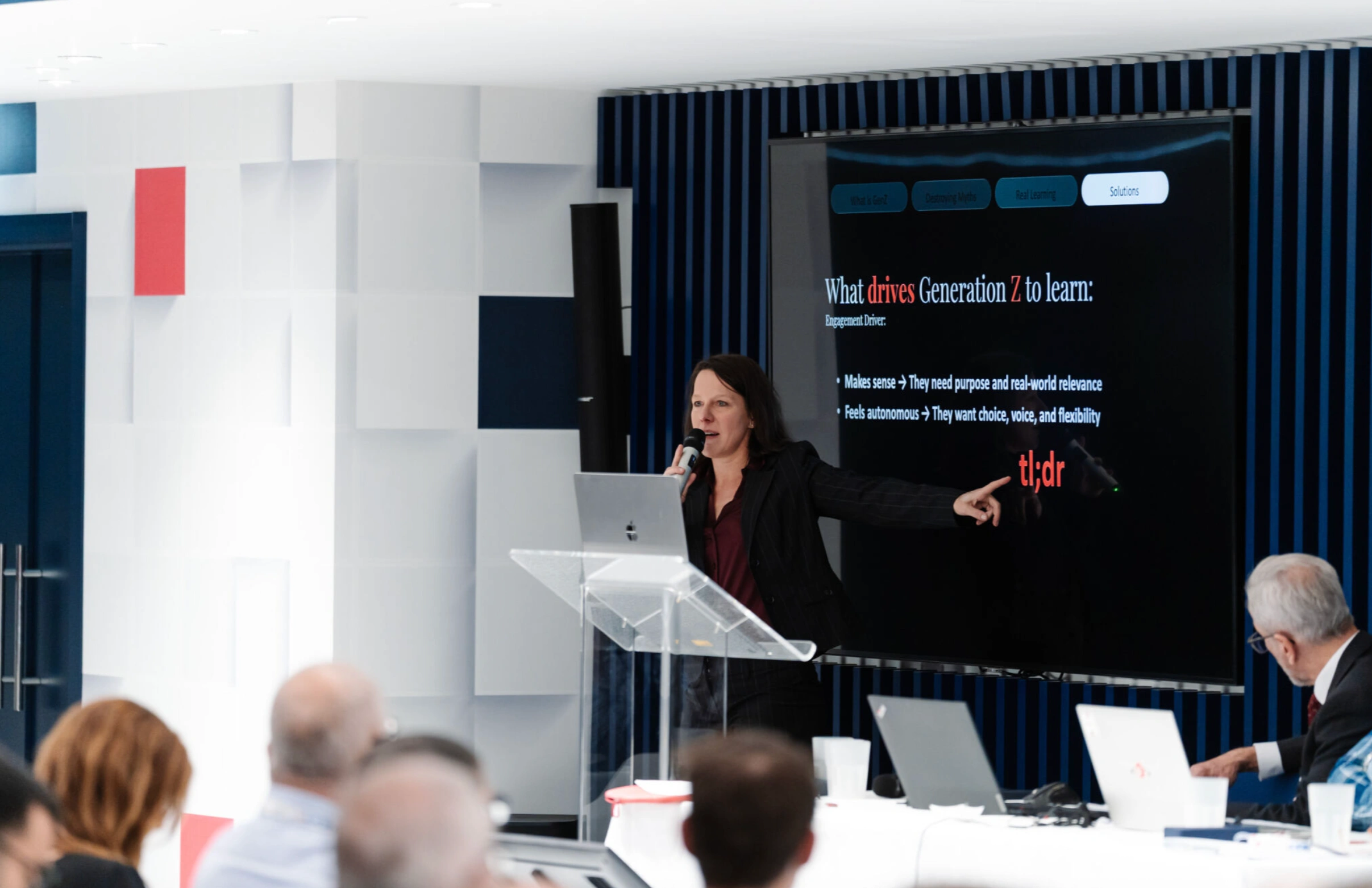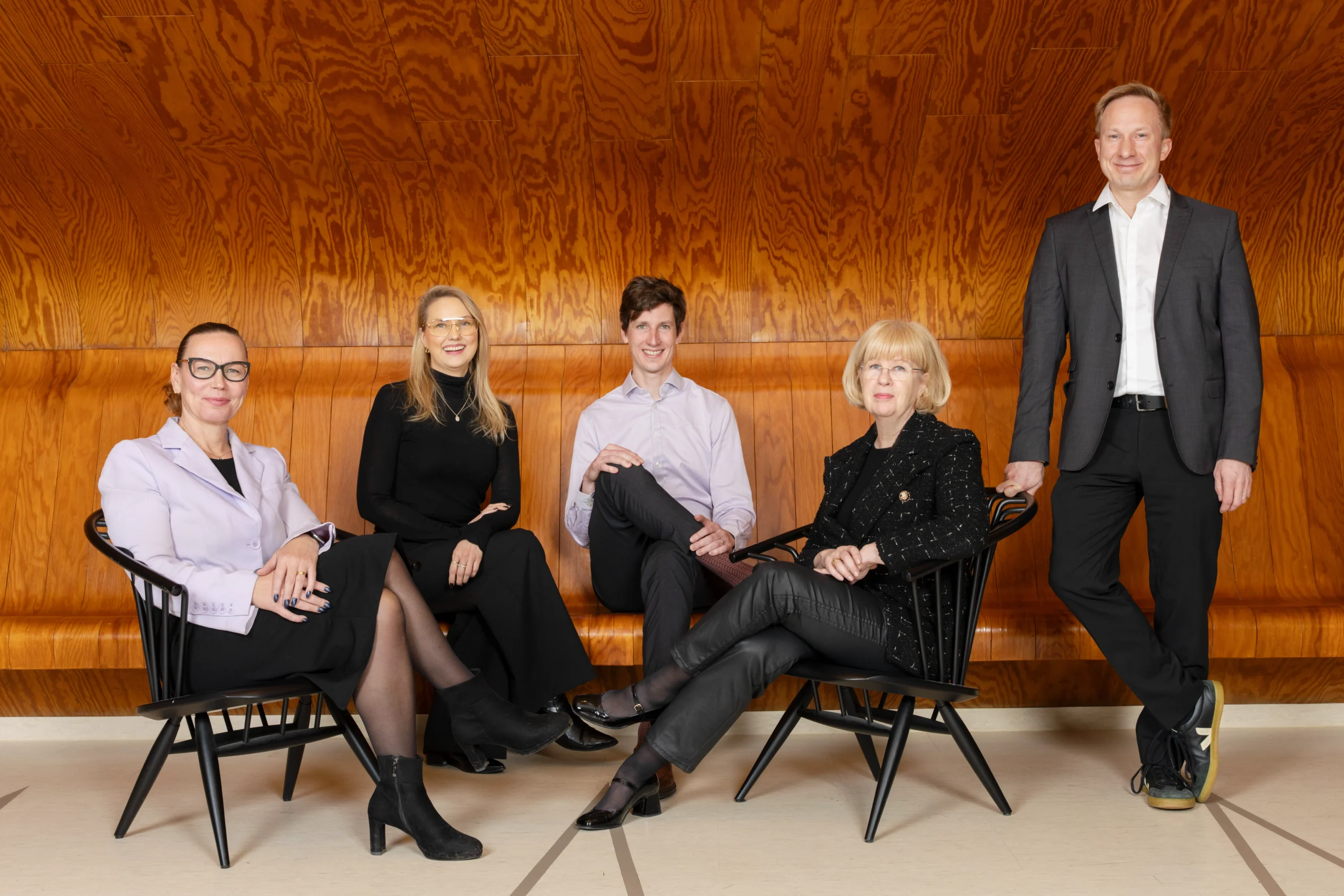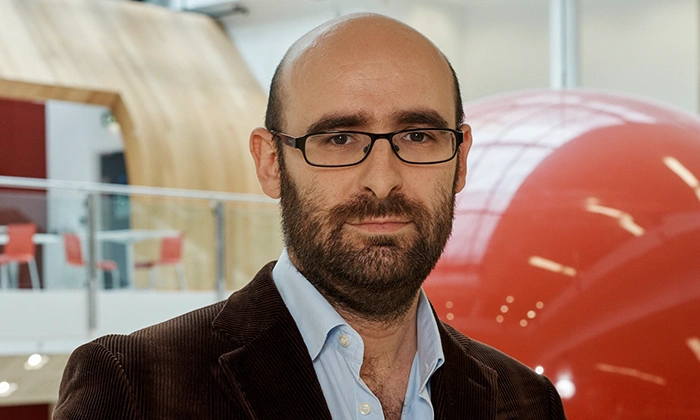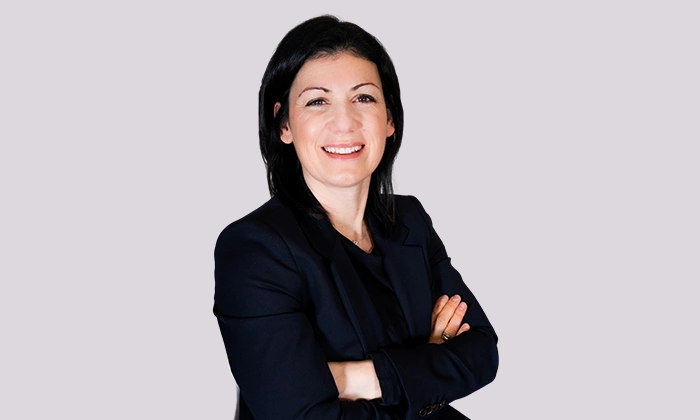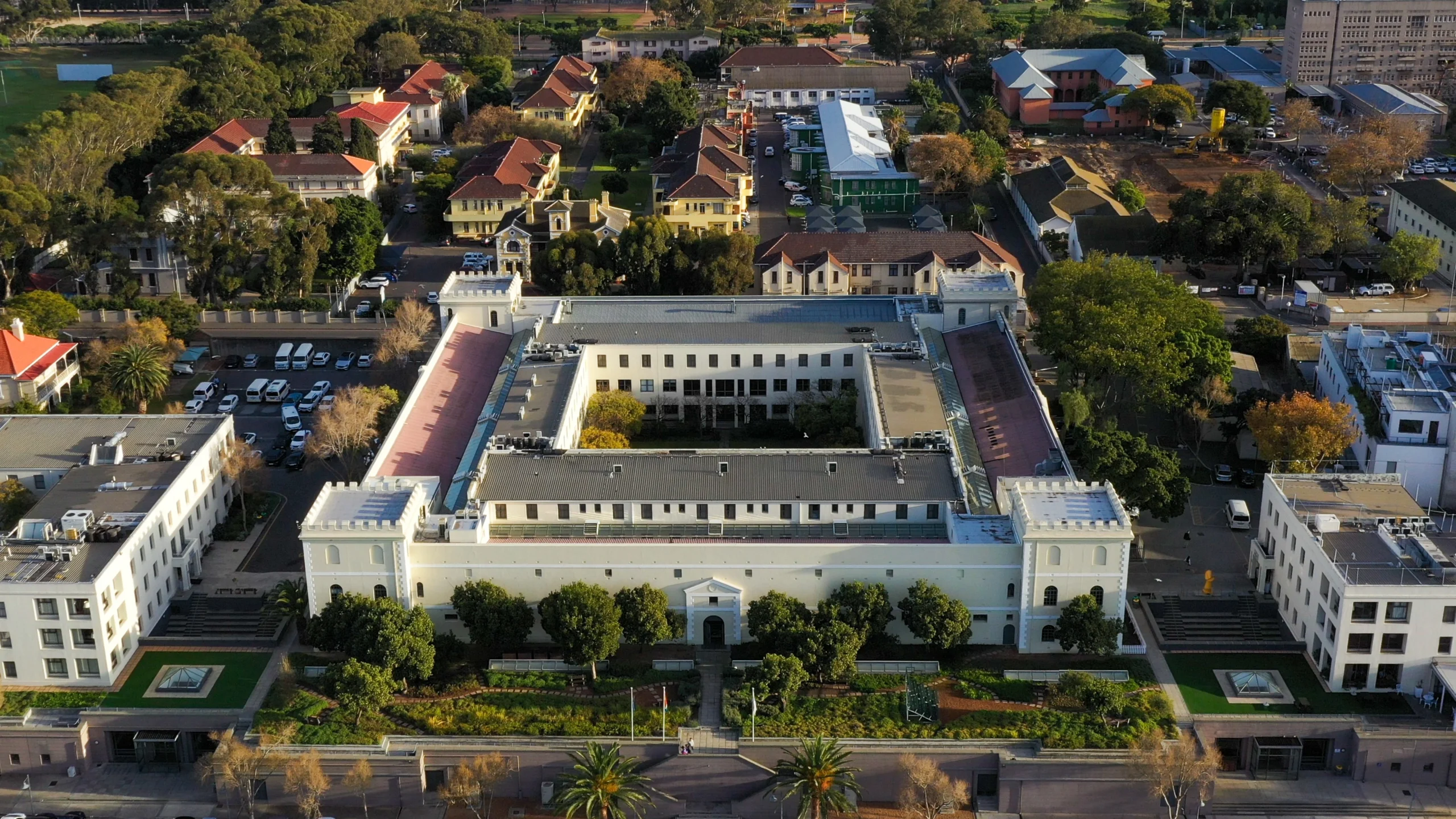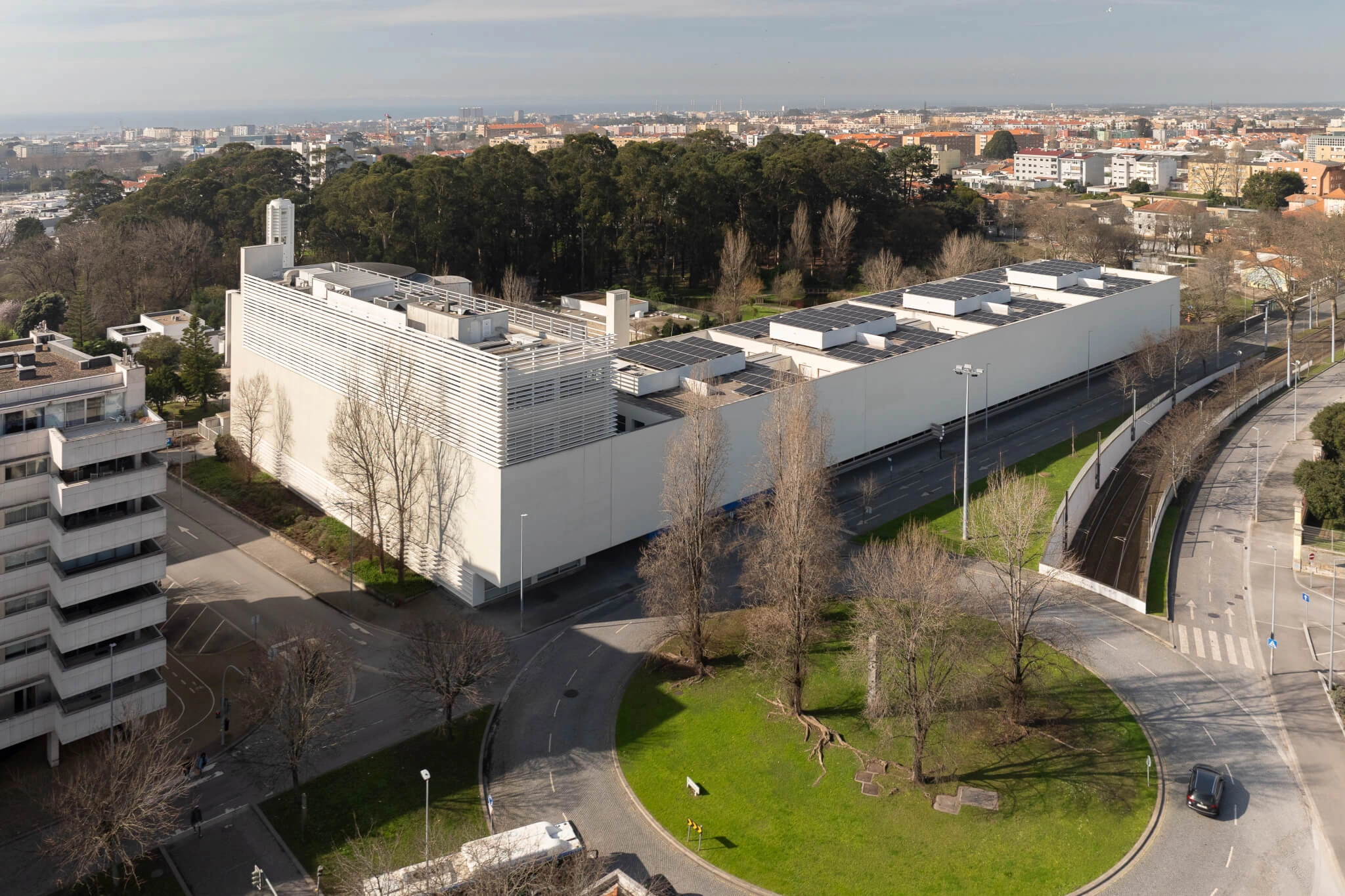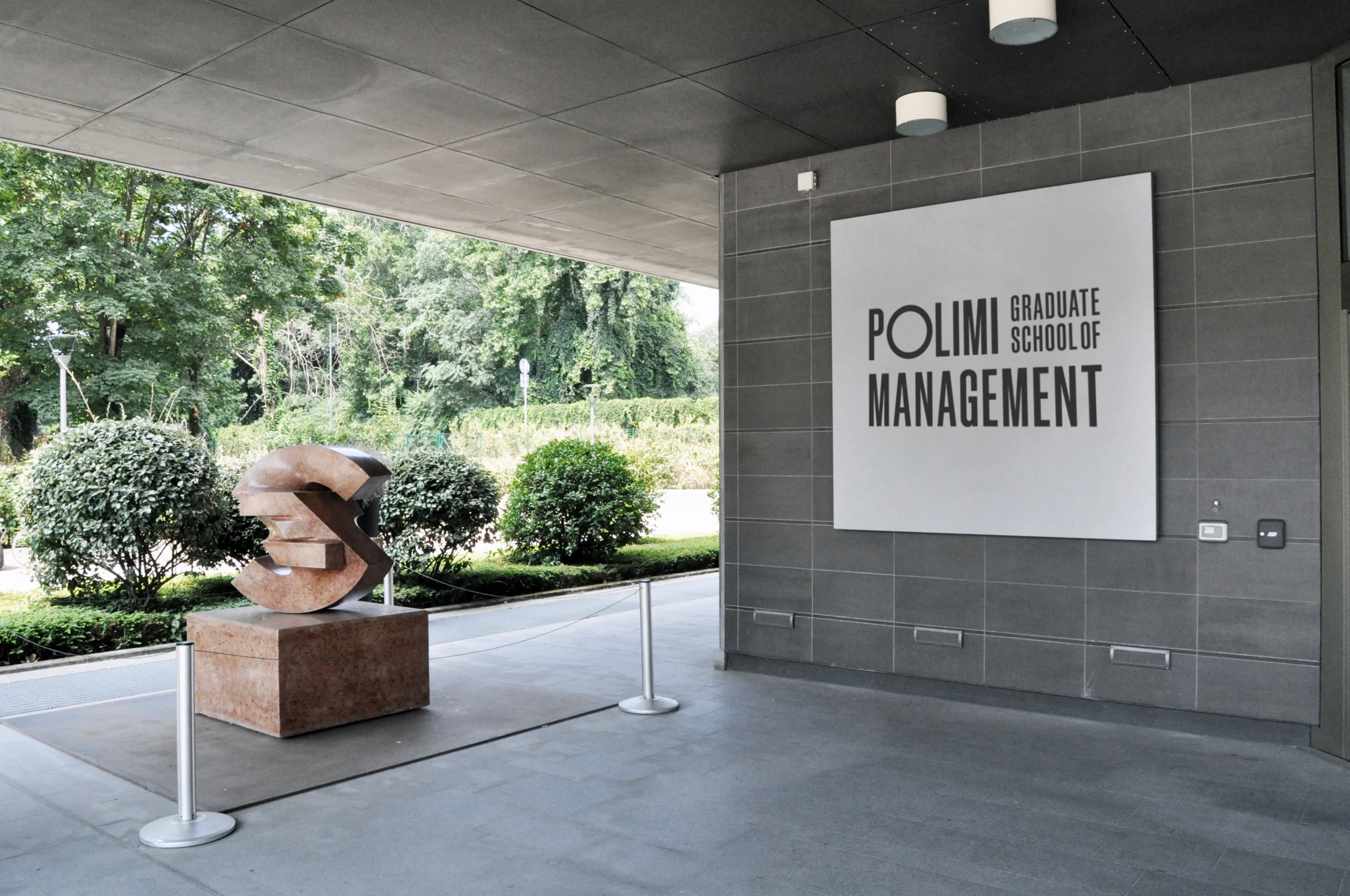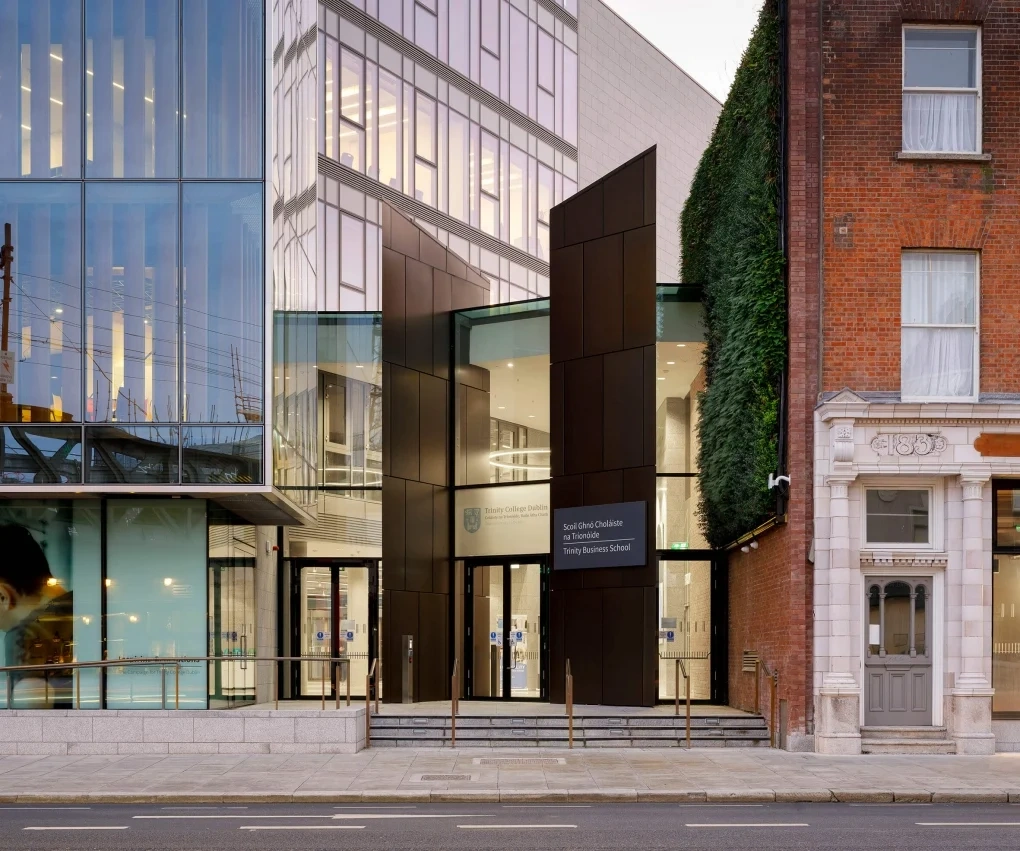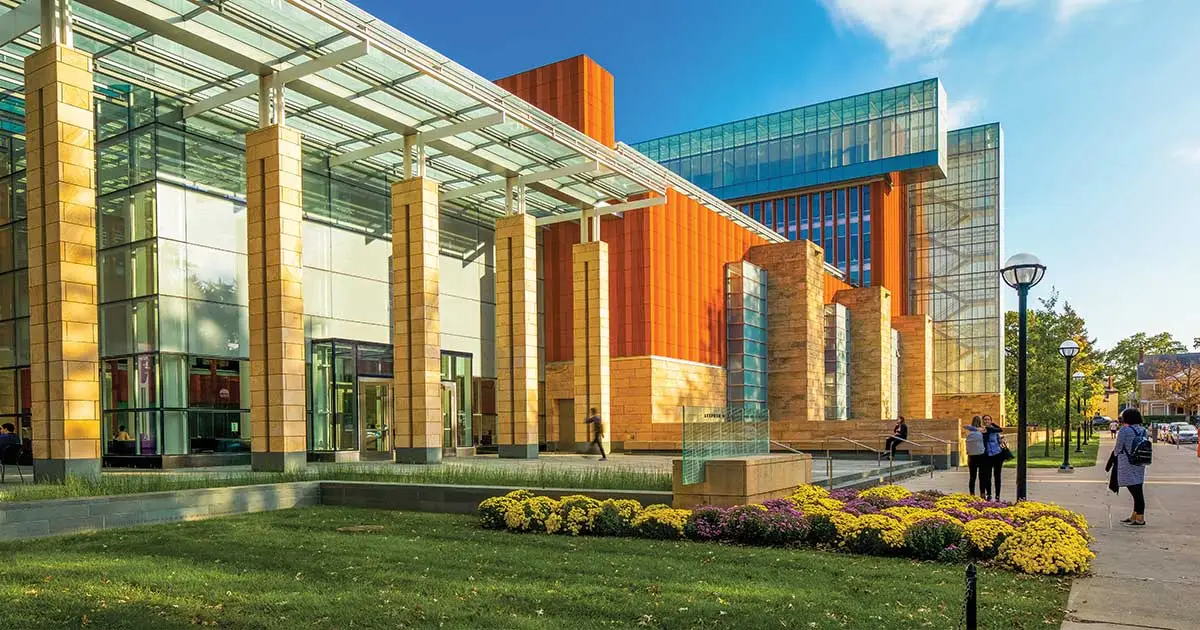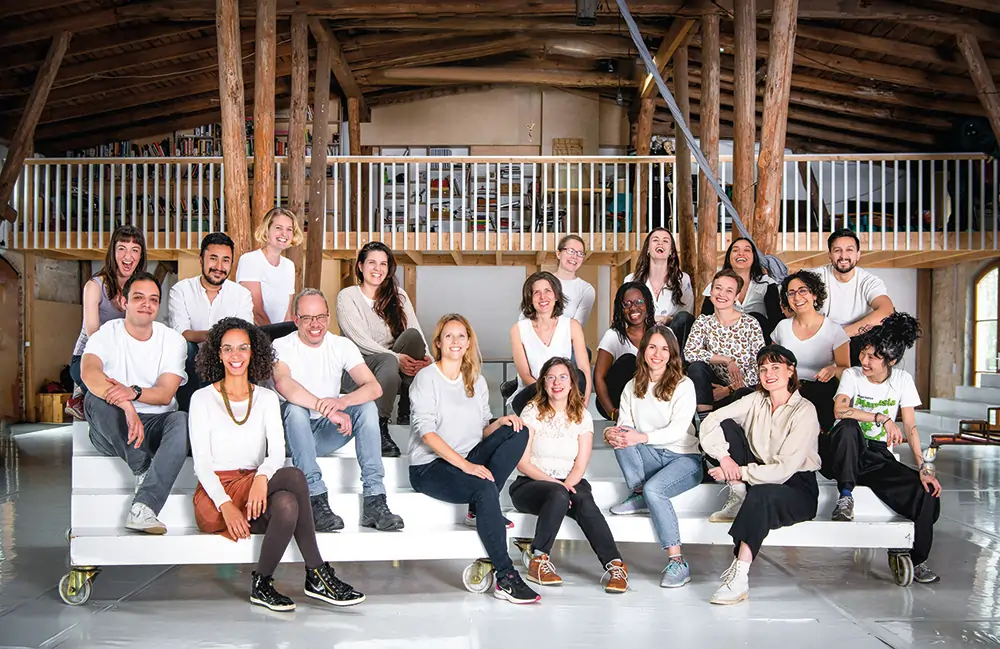Why family therapy is the best investment you can ever make

John E. Kaye
- Published
- Executive Education, Home

Most high-net executives are cash-rich but time-poor, which can have a detrimental effect on their children. This is why parent-child therapy could be the best investment you make, says psychoanalytic psychotherapist Professor Michael Atar
By Professor Michael Atar
Only earlier this year, one CEO dad sparked an online backlash when he posted that it was OK to skip children’s birthdays and family dinners to ‘hustle’ for their financial security.
Hustler culture – emphasising the value of hard work and long hours – has, to a degree, fallen out of favour since the pandemic, with the greater focus on personal wellbeing.
Sadly, however, too many executives still believe that the sacrifice of personal time with their children is worth it to build them a bright future.
And even when they don’t necessarily subscribe to this view, the high demands of executive positions typically leaves them with far less free time to spend with their families in any case..
According to research, the average CEOs work 62.5 hour a week, not to count the frequent oversea trips, meaning that they risk missing out on those special moments – birthday parties, sports days, shared activities – which are so important for building and cementing the child-parent bond.
Perhaps some children will, as the CEO dad claimed, “thank them for it” when they grow up, having enjoyed a good education and with a generous trust fund to help kickstart their adult life.
Speaking as a psychoanalytic psychotherapist, however, I fear that many won’t. For the long-term impact of uninvolved parenting can be catastrophic, bringing a myriad of potential mental and emotional issues for children including an increased risk of depression, low self-esteem, loneliness, and substance dependence.

Psychoanalytic psychotherapist Professor Michael Atar says parent-child therapy can be the best investment any busy C-suite parent can make.
Why Consider Parent-Child Therapy?
The bottom line is that balancing family and business is and will remain a challenge for the majority of senior professionals.
In such cases, the best solution isn’t to excuse yourself by buying into the ‘hustle’ mentality outlined above but to make the time you do have together count.
Making sure our children’s financial security is taken care of, when we are in a position to do so, is, of course, a wonderful gift.
But if we really want to give them the best future then the greatest investment we can ever make is parent-infant/parent-child therapy.
Once something of a ‘dirty word’, therapy has in recent decades firmly established itself as a scientifically established, evidence-based medicine that can be tremendously effective for anyone when in the right setting and with the right practitioner.
That said, there is often a misconception surrounding talking therapies. I have heard it being scoffed as a waste of money, reducing it to little more than ‘cash for chat’.
Not all therapies are made equal – there are, alas, many quack therapies lurking on the fringe just like in all fields of science – but talking therapy has been robustly studied and is on the NHS’s list of approved treatments.
And the term ‘talking therapy’ perhaps belies just how involved the process is. This isn’t a conversation we can have with friends or family. The therapist – through meaningful therapeutic play, questioning, and observation – helps us bring our subconscious thoughts into view so they can be addressed.
It is, however, important to recognise that therapy is different to other forms of treatment.
If you go to a doctor, you expect there to be a clear outcome in mind. With therapy, though, it is an exploratory and cumulative process, where the conversations and interactions you and your child have with the therapist will guide the way forward.
The process can be transformative. Dedicating time and space in your weekly schedule to really sit down and engage with your child will help you to better understand and appreciate their inner workings, thus strengthening the bond between the parent and the child.
We often assume that a child’s works the same as ours, that children are in effect mini-adults, but this is not the case. Their mind is not yet fully developed, so their emotions and thoughts are different, sometimes uncontained and raw.
When we are busy, we tend to pay scant attention to their questions and concerns, brushing them off as trivial matters that only require superficial answers.
This comes from us not recognising that, more than anything else, children need to be seen and heard. When they come to us, they’re not necessarily seeking a solution to their problem but simply to be held in our mind.
When this doesn’t happen, and we are uninvolved parents, it can create long-term trauma.
Conversely, paying attention to your child leads to a deeper connection. Even if your time together is limited, they still feel valued and you will see them happier and more content in themselves.
Moreover, that connection, while wonderful in itself, may also help you reconnect with yourself and with those negative emotions and worries that have been buried since your own childhood but which are still active in your subconscious and which are fuelling the next generation’s trauma.
So embarking on a course of therapy can be beneficial all round, but it is important to be realistic before venturing in. Those in the C-suite come to expect fast results while therapy is a long-term investment.
Getting The Most Out Of Parent-Child Therapy
A therapist will usually suggest an initial four to eight sessions, typically around 50 minutes each, before re-evaluating. It isn’t psychoanalysis, which can stretch into years, but still be prepared for further sessions if required.
To get the best out of therapy, you need to invest yourself as much as your money in the process. You should be ready to be honest and open with yourself and also to really listen to what your therapist and child are saying.
This is why it is important to find the right therapist. Don’t just stick with the first you find if you don’t feel a connection with them. Like that perfect spa or restaurant, you may have to do some exploring until you find the perfect fit for you and your family.
Most good therapists will offer an initial free phone consultation and if what they say makes sense to you then that’s a good sign. When it comes to booking a course of therapy, prices vary widely depending on location and therapist, starting from anywhere between £40 to £200 pounds per session.
This is, though, money well spent. It won’t magically generate more hours in the day to be with your child but it will ensure that the precious time you do spend together is nurturing, rewarding, and building a solid bond for the rest of your lives.
For more information about Professor Michael Atar, see his profile on Psychology Today.
RECENT ARTICLES
-
 Hannu Tihinen on strategy, leadership, and the value of an EMBA
Hannu Tihinen on strategy, leadership, and the value of an EMBA -
 European MBAs adapt to AI as Aalto overhauls executive education
European MBAs adapt to AI as Aalto overhauls executive education -
 From dialogue to action: how emba X prepares leaders for a new era of responsible innovation
From dialogue to action: how emba X prepares leaders for a new era of responsible innovation -
 How Europe can learn faster: turning AI into safer, smarter adult training
How Europe can learn faster: turning AI into safer, smarter adult training -
 Aalto EE launches Aalto Tech EMBA to equip executives for digital transformation
Aalto EE launches Aalto Tech EMBA to equip executives for digital transformation -
 Supply chains are being remade. Leadership must be too
Supply chains are being remade. Leadership must be too -
 Why the real barrier to AI success sits in the boardroom
Why the real barrier to AI success sits in the boardroom -
 ETH Zurich and the University of St.Gallen redefine executive education with emba X, a new model of responsible leadership
ETH Zurich and the University of St.Gallen redefine executive education with emba X, a new model of responsible leadership -
 Why leadership is the strongest defence in South Africa’s schools
Why leadership is the strongest defence in South Africa’s schools -
 Porto Business School launches executive programme on AI strategy
Porto Business School launches executive programme on AI strategy -
 POLIMI Graduate School of Management strengthens global reputation in MBA and master’s rankings
POLIMI Graduate School of Management strengthens global reputation in MBA and master’s rankings -
 Trinity Business School strengthens standing in global MBA rankings
Trinity Business School strengthens standing in global MBA rankings -
 Meet the class of 2025… and their children. Why mid-life university learning is on the rise
Meet the class of 2025… and their children. Why mid-life university learning is on the rise -
 University of Michigan launches executive programme for chief data and AI officers
University of Michigan launches executive programme for chief data and AI officers -
 International education: A vision for global citizens
International education: A vision for global citizens -
 How to create lasting social change? Build a community
How to create lasting social change? Build a community -
 Tomorrow’s world needs Dyslexic Thinking
Tomorrow’s world needs Dyslexic Thinking -
 Why family therapy is the best investment you can ever make
Why family therapy is the best investment you can ever make -
 How EQ can give us the edge over AI
How EQ can give us the edge over AI -
 A true root and branch approach
A true root and branch approach -
 It's fine to say you're not ok
It's fine to say you're not ok -
 Are you willing to change with your organisation?
Are you willing to change with your organisation? -
 Emerging markets: Online learning for women unlocks economic potential
Emerging markets: Online learning for women unlocks economic potential -
 A programme of urgent importance
A programme of urgent importance -
 Why progress is not parity
Why progress is not parity

